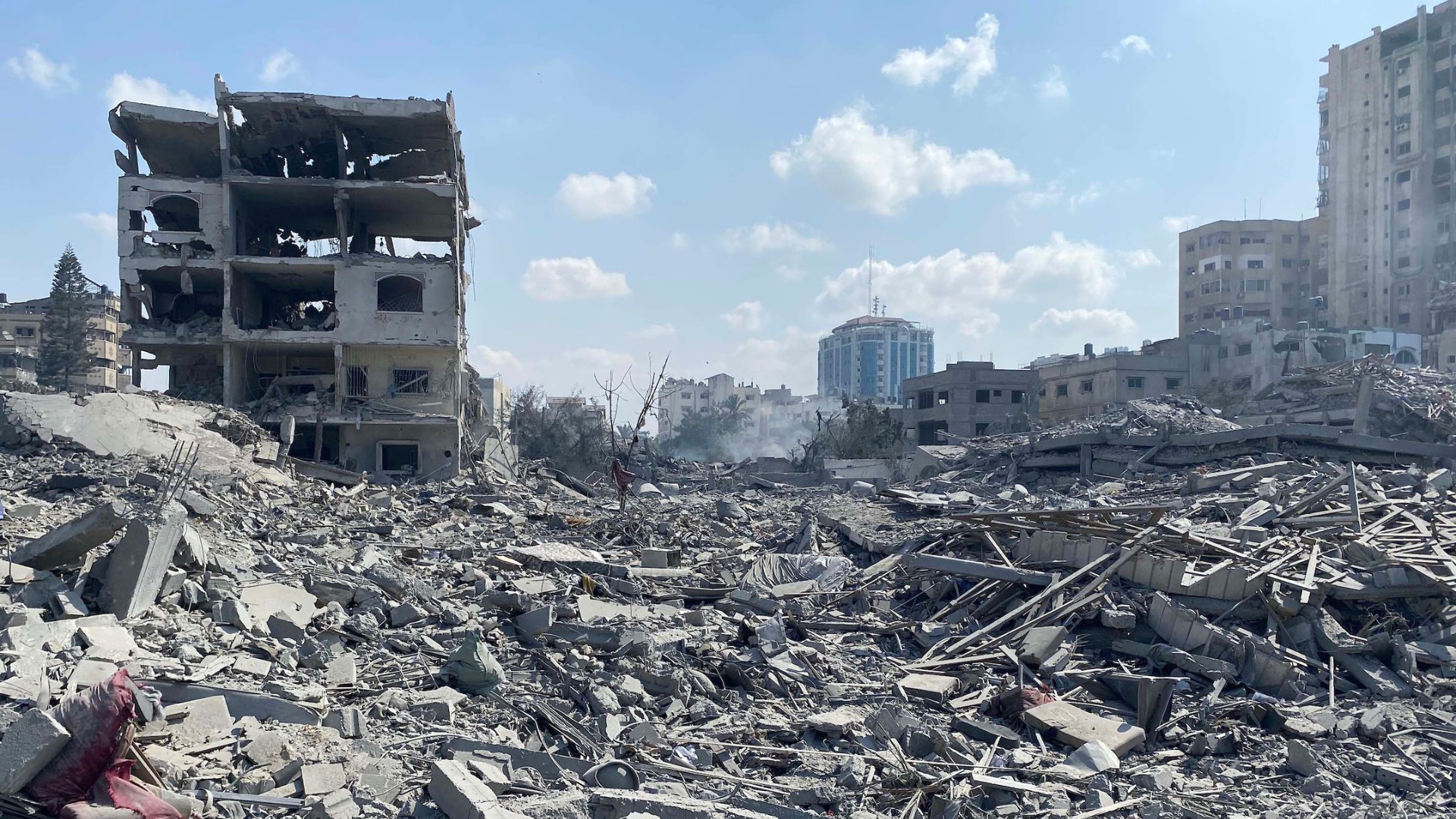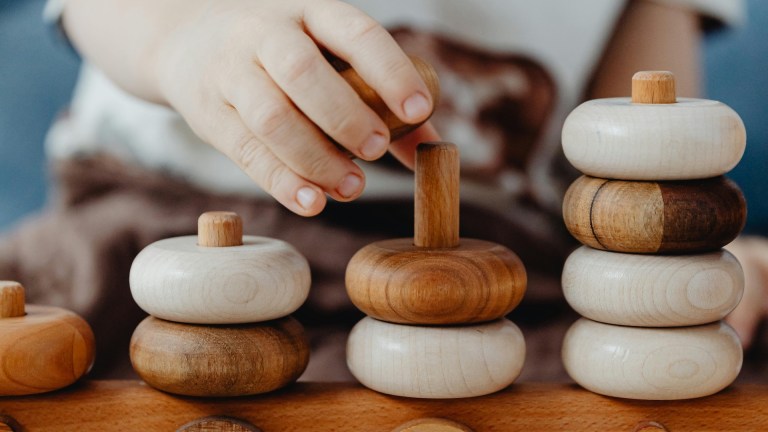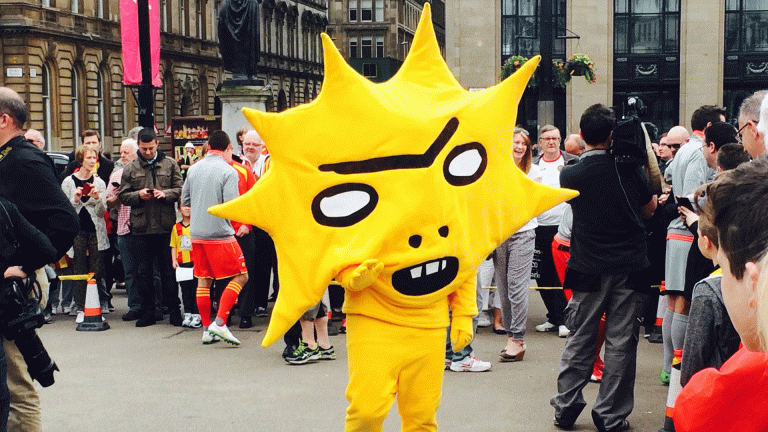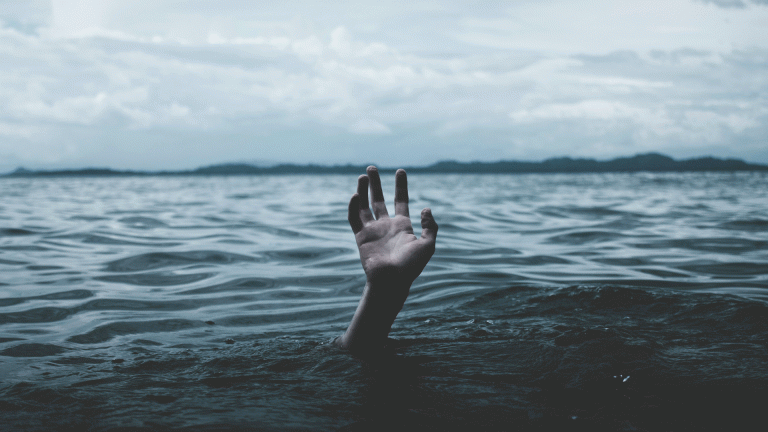While I indulge in festive food, my family back home is being starved. As I dance to cheerful music, my people run from the sounds of bombs. And as I enjoy the warmth of a conversation over drinks, my loved ones are fighting for a sip of water.
On December 12, while I was at a Christmas party, I heard the news that Dr Sayeed Joudeh had been killed. He wasn’t just a doctor – he was the lifeline of our community in Jabalia, northern Gaza. For decades, he had healed not only bodies but hearts, too.
We called him ‘Uncle Dr Sayeed’ because he wasn’t just a physician – he was family. He was there for everyone, always. I remember one night when my mother fell ill. Dr Sayeed came to our house at two in the morning. On another occasion, he showed up late at night to tend to my father’s back pain. He never turned anyone away, no matter the hour or the circumstance. His kindness was boundless, his care unwavering.
- People in Gaza say they’re waiting their turn to be killed – the sense of helplessness is overwhelming
- I’m an Israeli who helped survivors of 7 October attack. Here’s why we need a ceasefire in Gaza
When the genocidal assault on Gaza began in October, Dr Sayeed came out of retirement without hesitation. His son Majd begged him to leave Gaza, to save himself, but he refused. “This is my duty,” he told him. Even after Majd was killed by an Israeli drone while searching for neighbors buried beneath rubble, Dr Sayeed stayed. He grieved, but he didn’t stop. He continued to move between Kamal Edwan and Al-Awda, the last remaining hospitals in northern Gaza, risking his life every day to save others.
On December 12, as he traveled between the two hospitals, an Israeli drone struck him down. Unarmed, healing the wounded – this was his crime. His death shattered us. When my mother called to pay condolences to his family, we learned something even more heartbreaking: Dr Sayeed had been quietly battling cancer. He had told no one except Majd, not wanting to burden his family. Even in his own suffering, he thought only of others.
Dr Sayeed’s death is more than a personal loss—it is emblematic of what Gaza has lost. He was one of tens of thousands—teachers, doctors, mothers, fathers—who have been erased in this genocide. But his story must be told because it speaks to the humanity that Israel’s bombs are trying to destroy.










